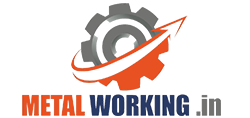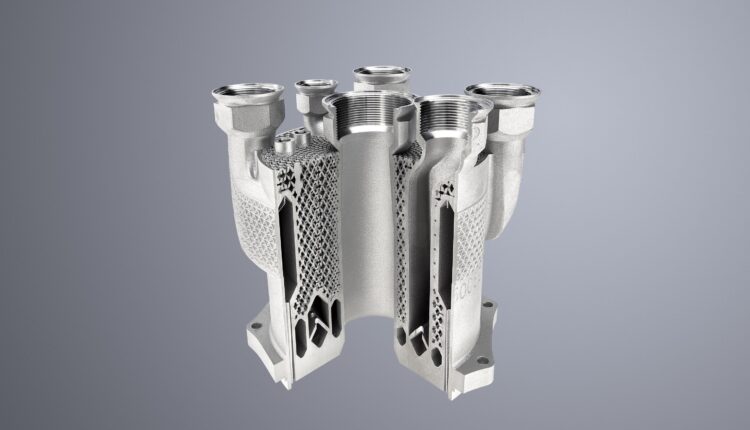Formnext: TRUMPF Enables Additive Manufacturing With New Metals
TRUMPF has expanded its selection of powder alloys for its 3D printing systems. At Formnext, the leading trade fair for additive manufacturing in Frankfurt, the high-tech company is demonstrating the potential of new titanium, aluminum, stainless steel and tool steel alloys for additive manufacturing. “Powder is an important component of additive manufacturing. Our goal is to offer our customers the broadest material portfolio on the market. To achieve this, we work closely with powder manufacturers. Users of our equipment can thus always implement new applications using additive manufacturing or improve existing applications with new powders. A broad selection of materials is important in order to be on a par with conventional manufacturing processes,” says Jan Christian Schauer, materials expert for additive manufacturing at TRUMPF.
New titanium alloy is suitable for aerospace applications
TRUMPF equipment can now process titanium 6242. The aerospace, motorsports and energy industries in particular are asking for this material. “It should not displace the top dog, titanium 64. At room temperature, titanium 64 and titanium 6242 behave very similarly. But at higher operating temperatures of 300 degrees Celsius and above, titanium 6242 has higher strengths compared to titanium 64,” Schauer says. However, this titanium alloy is harder to process. “This is where our 500 degree Celsius preheating of the TruPrint 5000 comes into play. This allows users to easily print components with titanium 6242 as well,” says the TRUMPF materials expert.
Automotive industry benefits from special aluminum alloy
For the automotive industry, the CustAlloy aluminum alloy from ECKA Granules is particularly beneficial. “With standard aluminum, automotive manufacturers have reached their limits, especially when it comes to the combination of strength and elongation. This is where CustAlloy helps,” says Schauer. This aluminum alloy has very good mechanical properties; it does not break or crack as quickly. This makes crash-relevant applications possible. At the same time, CustAlloy is far less expensive to purchase than comparable high-end aluminum alloys, which use expensive alloying elements to achieve their properties.
Stainless steel alloy for medical technology
Just recently, TRUMPF qualified the Printdur HSA alloy for the TruPrint 2000, which is made from recycled scrap. This makes it particularly sustainable. The advantages of this alloy: It is particularly strong without thermal post-treatment. In addition, it does not rust as quickly. The Medidur alloy has the same properties as Printdur HSA. However, the powder manufacturer has developed this material especially for the medical industry. This sector has higher requirements for the purity of materials. Medidur therefore consists only of pure elements. Users from the medical industry can design thin-walled and small components with this stainless steel alloy. “In addition, both Printdur HSA and Medidur do not contain nickel or cobalt. Since both substances are considered potentially carcinogenic, this has a positive effect on the hazard load for employees who process these powders,” says Schauer.
New tool steel with good corrosion resistance
The M789 AMPO tool steel is used primarily in tool and mold making. Without preheating the powder, users can use it to print components. Because it is easy to process and at the same time very corrosion-resistant, users use the steel, for example, to manufacture tools that are used in combination with more aggressive materials, such as in plastic injection molding.
This content was first published on the Trumpf website.

